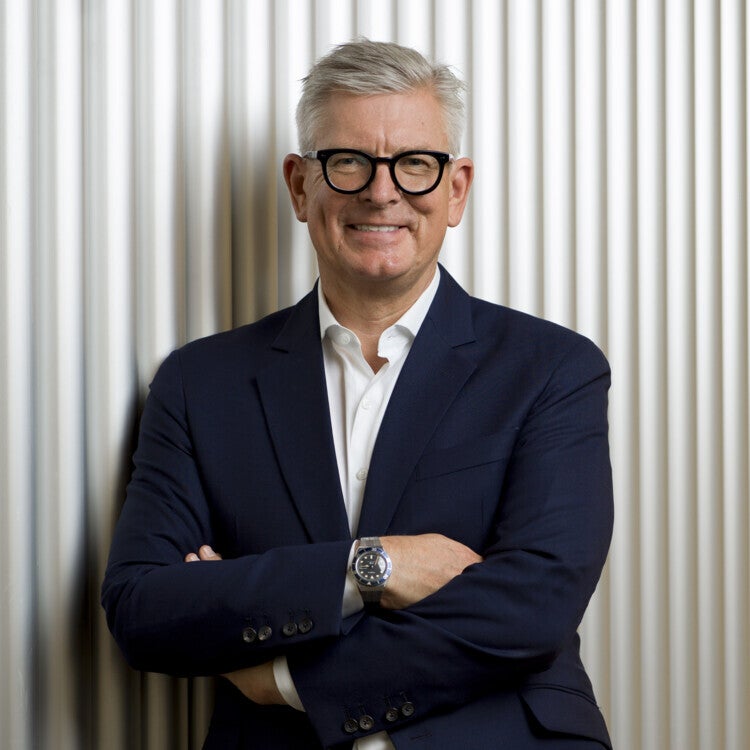Ekholm says that when it comes to 5G Standalone, China is well ahead of the U.S.


Ericsson CEO Börje Ekholm. | Image credit-Ericsson
5G Standalone networks offer lower latency, and can be used for network slicing. This allows the network to be virtually cut into individual slices optimized to meet the latency, reliability, and speed each customer wants. Ekholm says that China has built the leading 5G standalone network in the world, as he points out that the country has deployed about 4 million 5G SA base stations. The delay in getting 5G Standalone networks built in the U.S. is a problem, Ericsson’s CEO says.
When the conversation turned to spectrum, Ekhold called the U.S. a leader in spectrum historically. “Think about 4G, for example,” the CEO said. “It was very well managed in the U.S. and actually probably put the U.S. at the leading edge here on platform companies because they could develop on top of that 4G network. Repeating that in 6G, I think, will be important.”
Discussing spectrum, Ericsson’s CEO said that licensing spectrum is important. Sure, as opposed to unlicensed spectrum, it requires wireless firms to spend huge amounts of money. But it also prevents interference and interruptions, which can occur when spectrum is unlicensed and open for anyone to use.
“AI is maybe the most fundamental technology we have seen so far, maybe the most for us as a company and for us as a society, no doubt. Then you can debate if it’s hype or not. Doesn’t really matter. Everyone said the internet was hype in 2002. Twenty-five years later, I wouldn’t say this. I would say the impact is much bigger”
-Börje Ekholm, Ericsson, CEO
Ekholm states, “You really need licensed spectrum. It’s very hard to do unlicensed because you simply don’t know what devices are going to come into the equation. If you’re going to have a humanoid or a robot or a self-driving vehicle that’s going to be relying on connectivity, it has to be truly reliable. You can’t allow milliseconds of interruptions.”
Ericsson’s CEO weighs in on EchoStar’s chances of becoming one of the nation’s Big 4 wireless providers
The CEO was also asked about whether EchoStar, parent of Boost Mobile, had a shot at making it as the fourth facilities-based carrier. His response included a recommendation. “It’s hard for me to comment,” he said. “But most big markets have three to four operators. The U.S. has three very big [operators] and EchoStar, and I think what they need to do is to be disruptive.” It’s a game plan that former T-Mobile CEO John Legere used to perfection as he made the Un-carrier the most innovative and fastest-growing wireless operator in the U.S.
You can’t talk about the wireless industry these days without mentioning AI. Ericsson’s CEO said that the impact of AI on wireless is beginning to be felt now. “We see already now efficiency gains, for example, on spectrum efficiency in some of the most optimized algorithms in a radio network. We can still do better with AI to get 10% more spectrum efficiency. It’s very meaningful. Then, of course, we run it in our operations. It will change fundamentally how we operate the company.”
While AI in wireless networking will, in Ekholm’s opinion, lead to some job losses, he believes it will also lead to new job categories.
#agree #Ericssons #CEO #current #U.S #wireless #market
